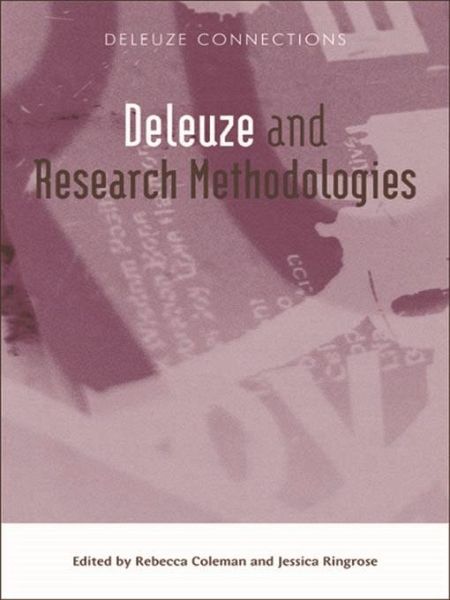
Deleuze and Research Methodologies (eBook, PDF)
Versandkostenfrei!
Sofort per Download lieferbar
0,00 €
inkl. MwSt.
Weitere Ausgaben:

PAYBACK Punkte
0 °P sammeln!
Deleuzian thinking is having a significant impact on research practices in the Social Sciences, particularly because it breaks down the false divide between theory and practice. This book brings together international academics from a range of Social Science and Humanities disciplines to reflect on how Deleuze''s philosophy is opening up and shaping methodologies and practices of empirical research.
Dieser Download kann aus rechtlichen Gründen nur mit Rechnungsadresse in A, B, BG, CY, CZ, D, DK, EW, E, FIN, F, GR, HR, H, IRL, I, LT, L, LR, M, NL, PL, P, R, S, SLO, SK ausgeliefert werden.













